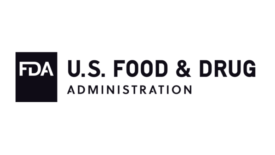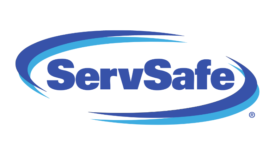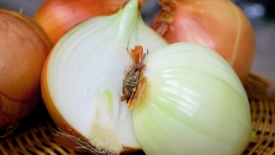Supply Chain
Strategies to Reduce Clostridium botulinum Risk in Fresh-Cut Produce
Increasing consideration of C. botulinum as a potential pathogen of concern is emerging for fresh-cut vegetables, fruits, and mushrooms
August 15, 2022
Focusing Ahead—Processors' Priorities for the Near Term
Food processors are now focusing on projects and priorities put on hold during the pandemic, including maintaining or adding to food safety certifications
August 15, 2022
Never miss the latest news and trends driving the food safety industry
eNewsletter | Website | eMagazine
JOIN TODAY!Copyright ©2025. All Rights Reserved BNP Media.
Design, CMS, Hosting & Web Development :: ePublishing










